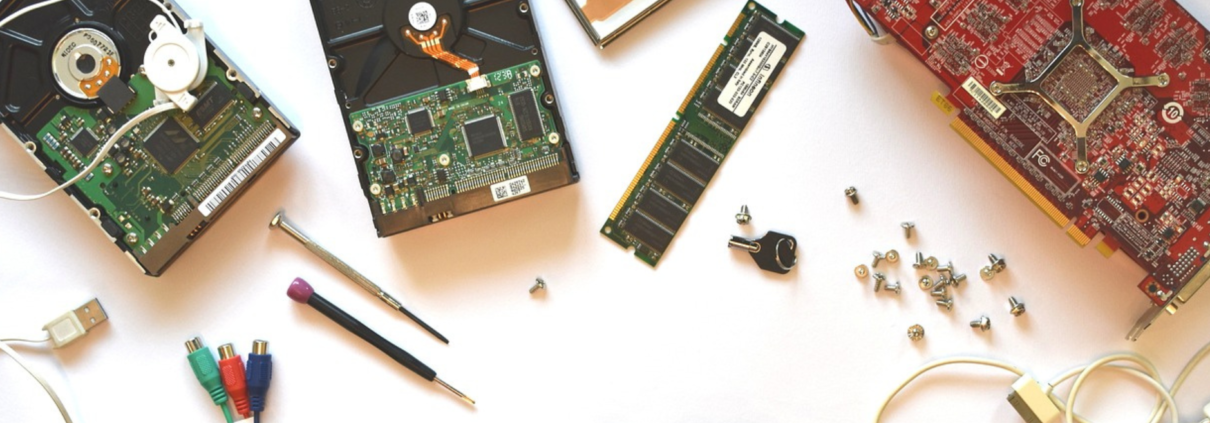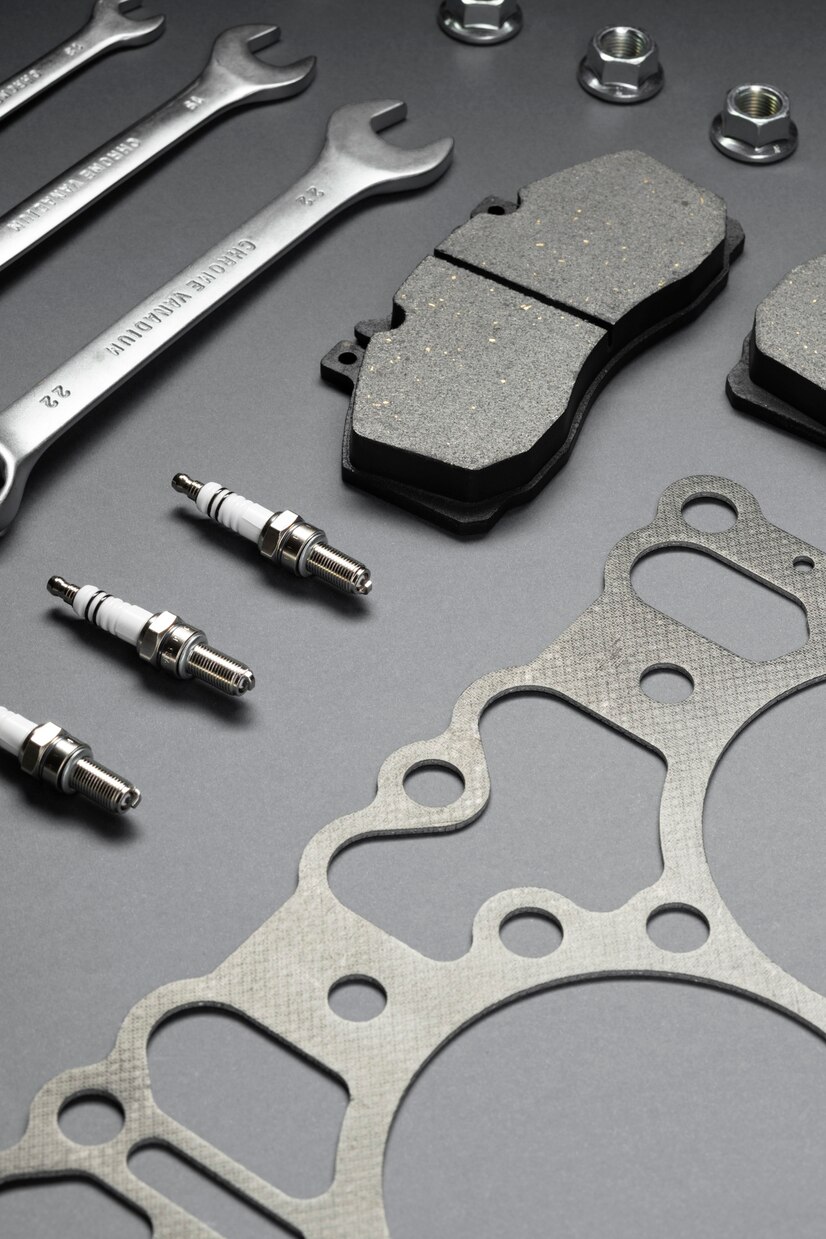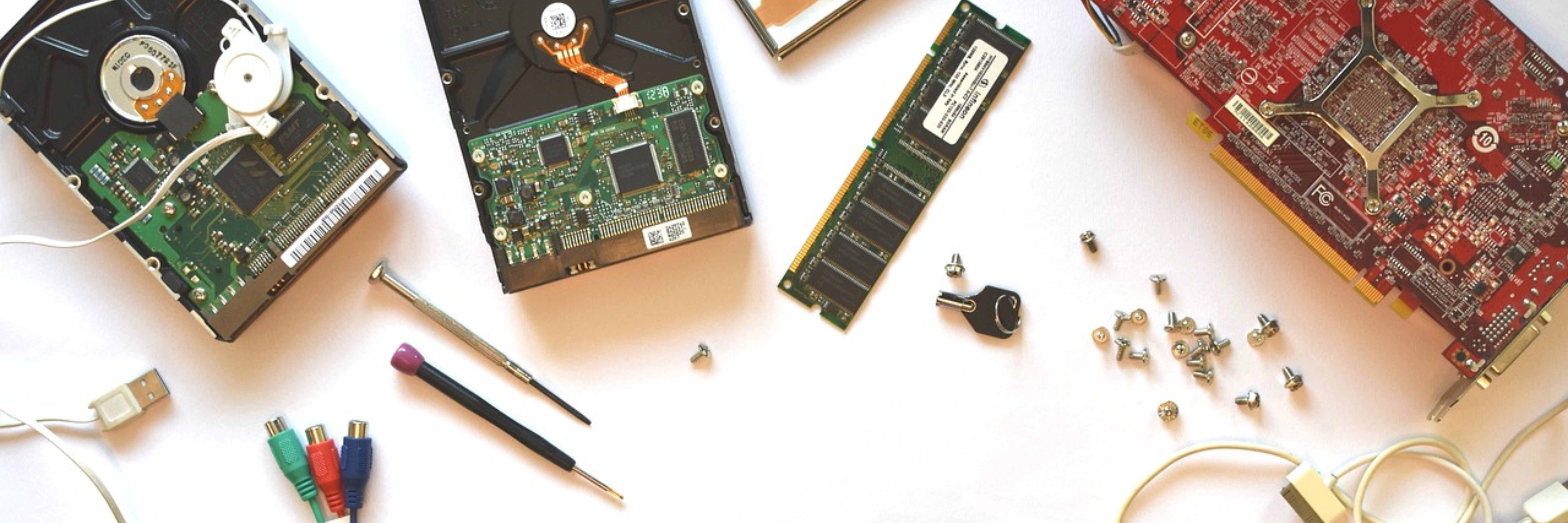
The anti-waste law for a circular economy (AGEC) represents a significant attempt to combat programmed obsolescence and extend the lifespan of products, particularly electrical and electronic equipment. Programmed obsolescence refers to the deliberate practice of designing, manufacturing or marketing electronic or mechanical products in such a way that they become obsolete, often prematurely, thus encouraging consumers to replace their goods on a regular basis.
In force for several years now, the AGEC lawor the law on the fight against waste and the circular economy, adopted in France in 2020, aims to promote a transition to a more sustainable economy by strengthening measures to combat waste, promote recycling, and encourage the eco-design of products to reduce their environmental impact. This legislation introduced various measures, including a reparability index, access to spare parts, and financial incentives for repair. This article looks at the evolution of these provisions and assesses their actual impact.
1. Objective of extending product life
1.1Repairability and durability index
Therepairability and durability index, a key element of AGEC, aims to inform consumers about how easy it is to repair a product. However, its application is currently limited to eight product categories. In spite of this, the law provided for the evolution of an index of « reparability« to an index ofdurability« This is a more comprehensive approach, including criteria such as equipment reliability and software enhancements. Unfortunately, delays due to complications with European regulations have hampered its full implementation.
1.2 Obligations regarding spare parts
The law introduced obligations for manufacturers and importers of goods, requiring them to inform professional sellers of the availability of the necessary spare parts, and to guarantee this availability for a significant period after the end of marketing. Although regulatory texts have been adopted, their implementation has been delayed, especially when it comes to extending them to other products.
1.3 Repair fund
The AGEC Act introduced repair funds as an initiative to encourage repair rather than replacement of products, representing a significant step forward in the fight against programmed obsolescence. However, concerns have arisen due to adjustments reducing initial funding to 10% of estimated costs, raising questions about the overall effectiveness of this scheme.
Designed to encourage the repair of out-of-warranty products, this fund offers a financial contribution to alleviate some of the repair costs incurred by consumers.
In France, the trend towards buying new products rather than repairing them persists, despite the ecological advantages of the latter. The anti-waste law for a circular economy has therefore introduced the innovative concept of a repair fund, financed by manufacturers, with the aim of changing this dynamic.
The aim of the fund is to provide financial support for out-of-warranty repairs to electrical and electronic appliances, thereby reducing the financial barriers that generally encourage consumers to opt for replacement rather than repair.
It’s important to note that support from this fund is conditional on a specific reparability index, covering appliances such as washing machines, televisions, smartphones, computers and lawnmowers. This strict selection aims to target products for which repair is feasible and economically viable, reinforcing the effectiveness of the scheme in promoting a circular and sustainable economy.


2. Penalizing planned obsolescence
Despite the repression of programmed obsolescence in France since 2015, 2 years imprisonment and up to 300,000 euros fine, no company has been convicted to date. The AGEC law broadened the scope of infringements to include software obsolescence, but questions persist as to the actual application of penalties.
3. Eco-modulation via bonus-malus
The draft order concerning bonus-malus based on the reparability index raises questions about the balance between premiums and penalties, with premiums potentially twice as high. What’s more, the limited scope of these incentives calls into question their real impact on company practices.
For example, this system is planned for mid-2024 for cell phones, with a malus that would increase the cost of a smartphone recalcitrant to repair by 20 euros, while a bonus of 40 euros would reward the most cooperative. According to Le Monde, lobbies have asked for a six-month reprieve to adapt, potentially pushing back the application of this system to 2025.
A penalty will be applied for scores below 6.9/10, and a bonus for scores above 8.2/10. Many smartphones, especially best-sellers, are in this middle zone, protected from any bonus or penalty. For example, none of the five best-selling smartphones in France at the end of 2023 would benefit from these advantages or penalties (e.g.: Iphone 15 Pro, Samsung Galaxy S23, Iphone 14…).
4.Access to spare parts: A major challenge
Access to spare parts remains crucial to making repairs practicable. Progress has been made, particularly for electronic and household electrical equipment. However, the need to extend these obligations to other product categories remains a challenge.
5. Legal warranty update
The AGEC proposal is to extend the legal warranties associated with repairs in the context of the guarantee of conformity. This measure aims to strengthen the incentive to repair by offering greater protection to consumers. During the two years following the purchase of a good, whether new or second-hand, the legal guarantee of conformity allows you to benefit from free repair or replacement of a defective product. The AGEC law also extended the period of presumption of defects for second-hand products from 6 to 12 months. These legislative adjustments are designed to promote product durability and boost consumer confidence by strengthening their rights to repair and replacement.
France’s anti-waste law for a circular economy (AGEC) marks a major step forward against programmed obsolescence, but its implementation faces challenges. Innovative measures such as the reparation fund show a commitment to reparation, although there are concerns about the adjustments needed. Penalizing programmed obsolescence has yet to prove its effectiveness, while bonus-malus schemes raise questions about their real impact. Access to spare parts remains crucial, and needs to be extended, while legislative adjustments to the legal warranty reinforce consumer rights. Despite the challenges, AGEC remains an essential step towards a sustainable circular economy, requiring ongoing collaboration to achieve its goals.
Read also
Questions about CircularPlace?



